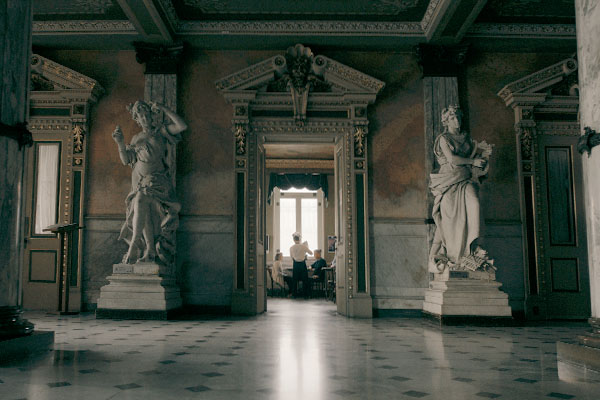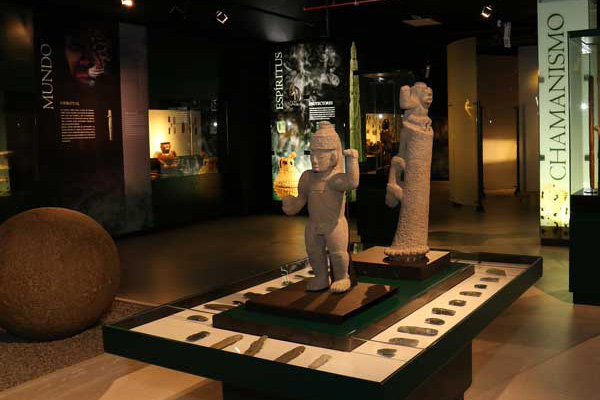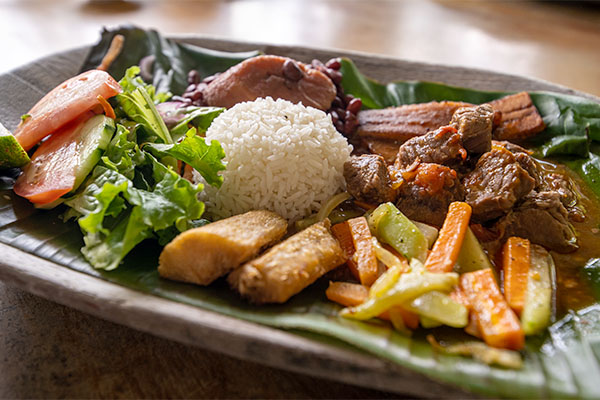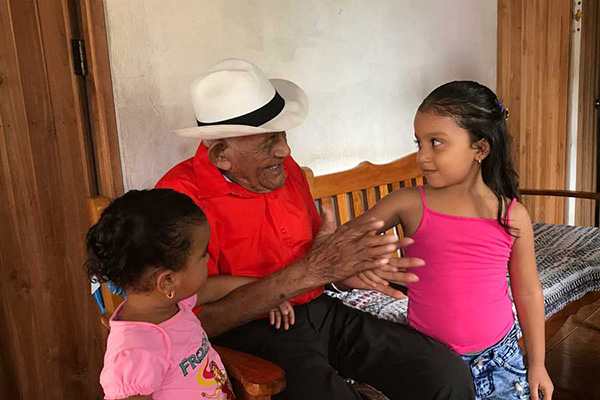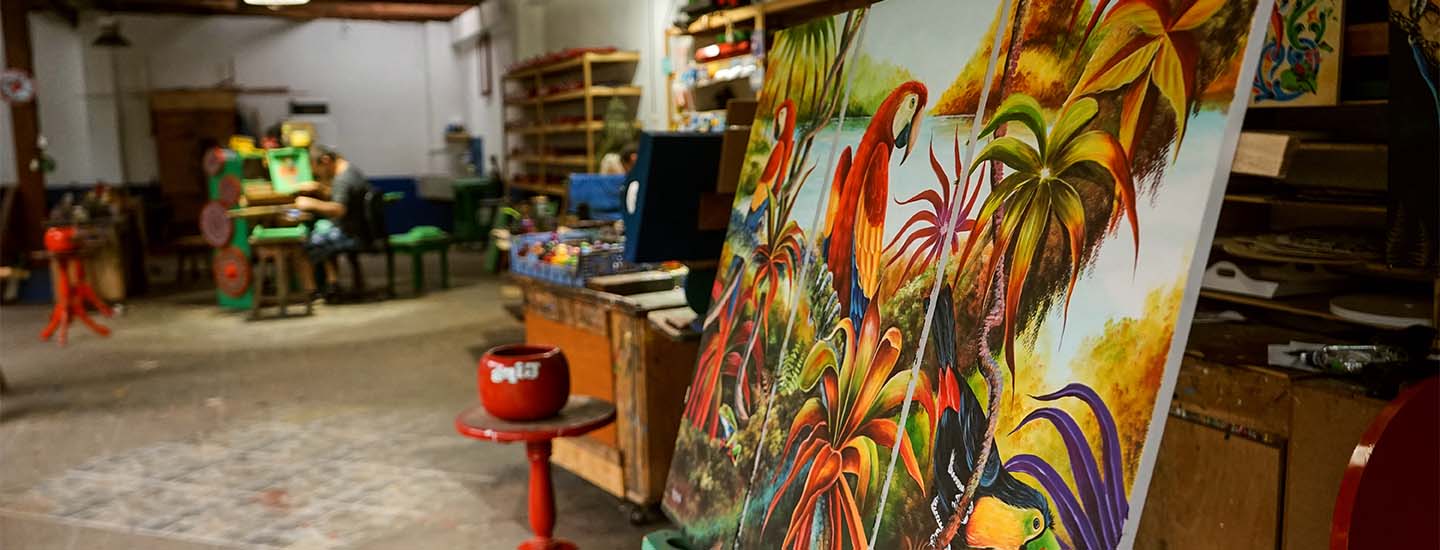
Culture
Costa Rican Culture
We are the country of pura vida – a friendly, multicultural and multilingual people descended from the cultural fusion of immigrants, including Africans, Chinese, Jews, Lebanese and Italians, and the indigenous peoples of the Bribrí, Cabécar, Maleku, Teribe, Boruca, Ngäbe, Huetar and Chorotega groups.
Costa Rican sustainable cuisine ranges from the traditional to the innovative at restaurants, sodas, markets and farmers markets, using a variety of organic products, and tailored to meet any budget and level of demand.
Visitors can take a little piece of the Costa Rican soul home with them with handicrafts made by the hands of our artisans, which adds value to a travel experience.
Artistic expressions of music, dance, theater, cinema, handicrafts and audiovisual production are distinguished for their professionalism and quality.
In addition, the experiences of community-based rural tourism, developed by cooperatives or community associations, take you inside the lively culture of rural communities; there also are private ecological reserves, farms and areas of interest, or sites close to areas of environmental and cultural interest, with tourist services.
Costa Rica also offers world-renowned cultural wonders, including: the oxherd and oxcart – a masterpiece of Oral and Intangible Cultural Heritage – chiefdom settlements and the stone spheres of southern Costa Rica, and the Guayabo National Archaeological Monument. Other nationally prized offerings and cultural traditions shared with visitors include creole swing dance, Limón calypso, traditional Chorotega ceramics, the Boruca Little Devils Festival, art, crafts, music and gastronomy, among others.
In the multiple tourist regions visitors can find everything from home cooking to modern, traditional, sophisticated, vegetarian and vegan restaurants, with a range of food prepared with fresh and natural ingredients.
Visit our markets, farmers markets and organic fairs in major cities across the country to discover the products we offer.
Costa Ricans have more than a century of democratic traditions and more than 50 years without an army. Its military was abolished in 1948 and the money the country saves by not having armed forces is invested in improving the standard of living of its inhabitants, which helps maintain the social peace that makes Costa Rica a wonderful place to visit.

